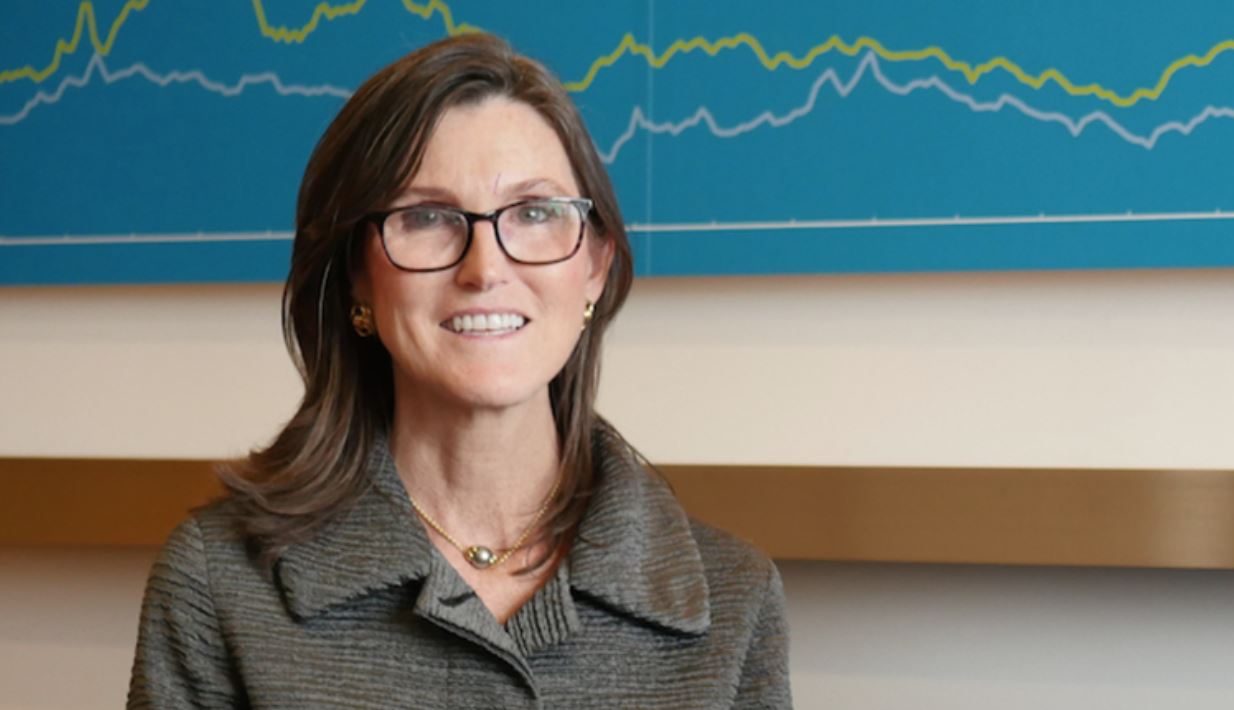Swiss digital asset bank AMINA has gained regulatory approval from Austria’s Financial Market Authority (FMA) to operate cryptocurrency services across the European Union under the Markets in Crypto-Assets (MiCA) framework. The approval marks a major milestone for AMINA’s European expansion, enabling the launch of AMINA [Austria] AG, which will provide crypto trading, custody, staking, and portfolio management services to professional investors, including corporates, family offices, and financial institutions.
Formerly known as SEBA Bank, AMINA already holds a banking license from FINMA in Switzerland and crypto licenses in Hong Kong and Abu Dhabi. The bank focuses on serving private and institutional clients, collaborating with prestigious partners like Julius Baer and LGT Bank, the latter owned by the Liechtenstein Princely Family. According to CEO Franz Bergmueller, AMINA offers “everything from bank accounts to crypto-bank loans in a fully regulated environment.” He also highlighted the success of the bank’s gold tokenization product, which has seen strong growth amid rising investor interest.
Austria was strategically chosen as AMINA’s EU base due to its robust regulatory standards and strong investor protection policies. The country has become a key regulatory hub for digital asset firms such as Bitpanda and Bybit, while Kucoin awaits authorization there. Bergmueller emphasized that Austria’s FMA maintains “the highest standards imaginable,” praising the country’s thorough oversight under the new MiCA regime.
The MiCA regulation represents a landmark step toward unified crypto governance in Europe, signaling the industry’s growing maturity. However, regulatory bodies—including Austria’s FMA, and those in France and Italy—continue to advocate for stricter EU-level supervision. “Three years ago, I was positively shocked that Europe could agree on crypto,” Bergmueller said. “It’s still a young, evolving industry—but Europe has done a good job defining its foundation.”

























Comment 0